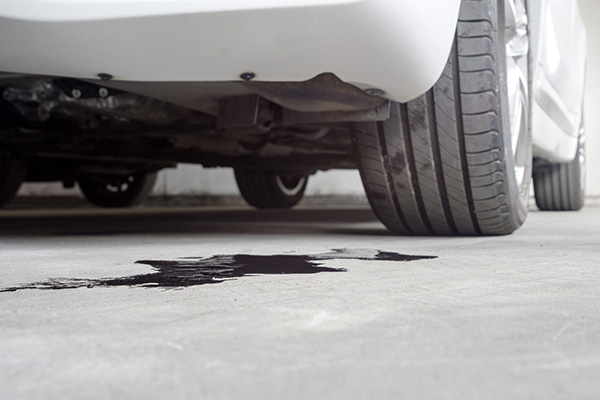Posted on 8/29/2025

Winter driving in Yakima means your vehicle is exposed to freezing overnight lows and chilly daytime temperatures. While most drivers worry about traction and icy roads, your car’s fluids also face unique stress in the cold. Fluids contract as temperatures drop, seals harden, and metal components shrink slightly. These combined effects make leaks far more common in winter than in warmer months. Why Seals and Gaskets Fail in the Cold Your vehicle relies on dozens of rubber seals and gaskets to keep oil, coolant, and transmission fluid contained. Cold air causes rubber to stiffen, lose flexibility, and become brittle. When you start the engine, these seals are suddenly exposed to rapid heat expansion, which can create cracks or gaps. Even a small tear can allow fluid to escape, especially when pressure builds inside the system. Motor Oil Leaks in Winter Oil leaks are among the most ... read more